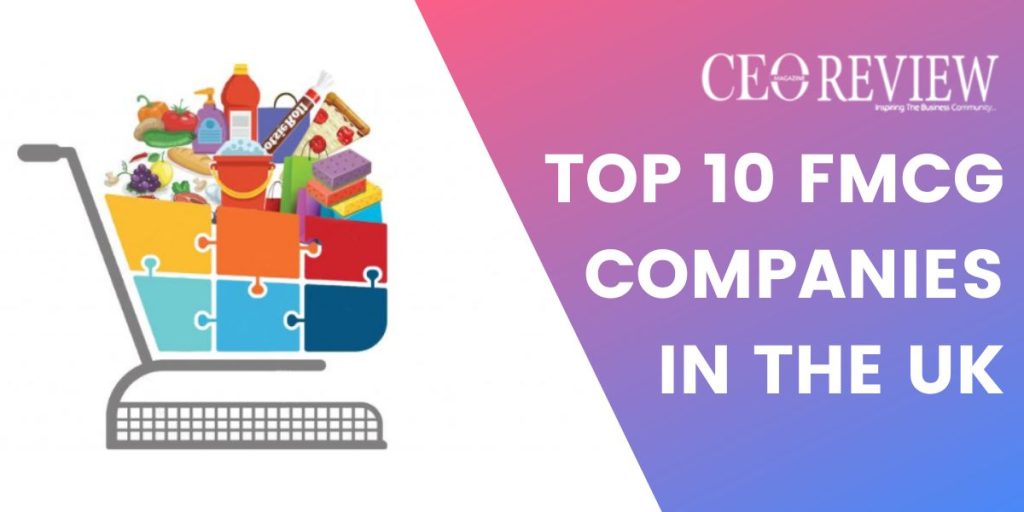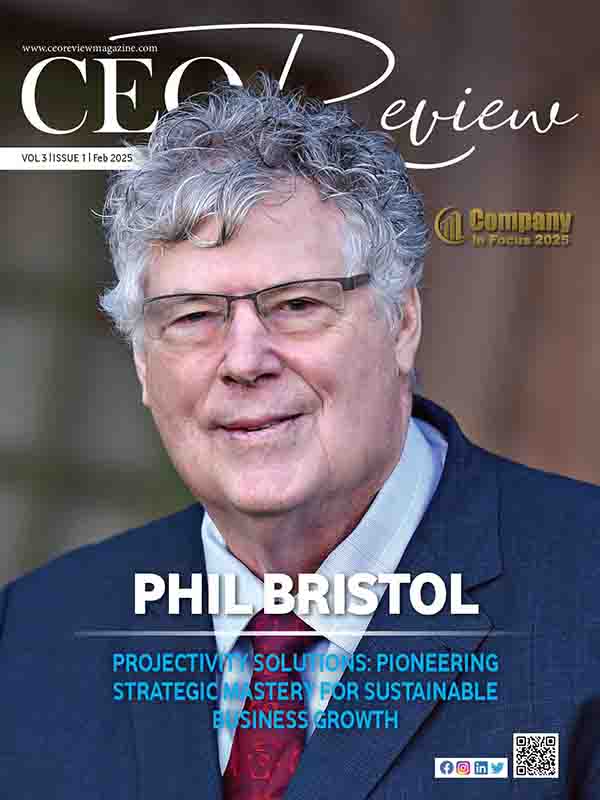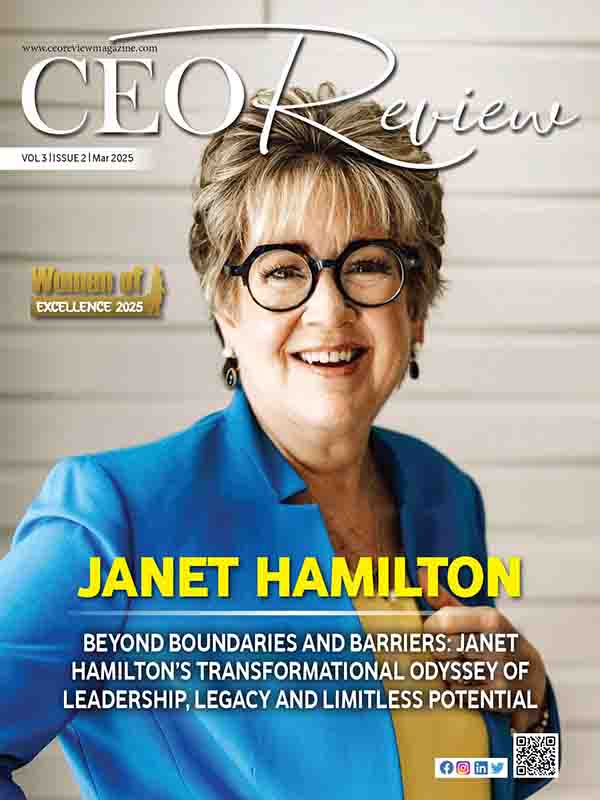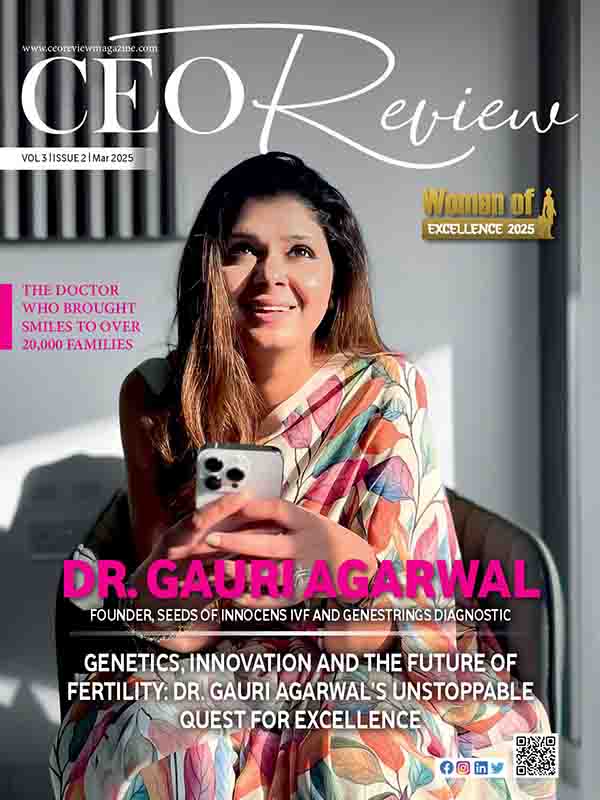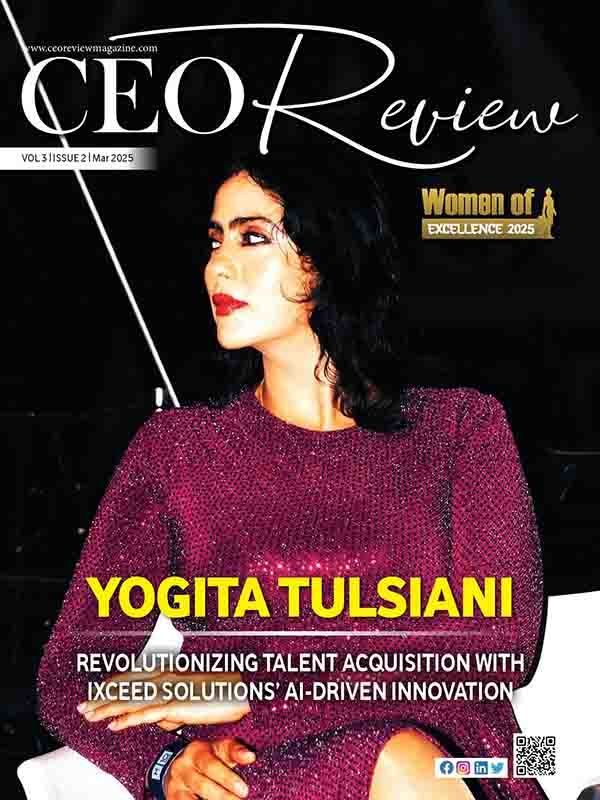Top 10 Fastest Growing FMCG Companies in the UK in 2024
The Fast-Moving Consumer Goods (FMCG) industry in the UK has experienced significant changes recently, with sustainability, customer experience, and digital transformation as the main drivers. FMCG companies are responding to consumers’ changing tastes by embracing technology-driven innovation. Here is an analysis of the key features, market strategies, and contributions these top 10 FMCG brands have made towards transforming the sector in Britain in 2024.
Here are the Top 10 FMCG companies in the UK in 2024:
- Unilever
Overview:
Unilever remains a giant among FMCG companies with a wide portfolio of various brands including food, beverages, cleaning agents and personal care products.
Key Features:
- Strong Commitment to Sustainability: Unilever has launched several initiatives aimed at cuts on plastic waste, improved environmental impacts of their products and promotion of sustainable living.
- Robust E-Commerce Presence: The enterprise uses e-commerce platforms to sell directly to consumers thereby enhancing convenience and consumer accessibility.
- Investment in AI and Big Data Analytics: These tools are used for supply chain optimization, operational efficiency enhancement, deeper customer insights use for more personalized marketing strategies.
Market Strategy:
In relation to its market strategy is Unilever’s emphasis on innovation and sustainability. It updates its product line-ups continuously due to changing customer needs placing focus on eco-friendly ones. Its extensive application of digital tools in both interfacing with clients and streamlining operations has positioned it strongly within its market thus giving it a competitive advantage over its rivals as the industry undergoes very rapid transformation.
2. Tesco
Overview:
This company is one of the largest in the UK’s supermarket chains and has a significant role in FMCG industry offering many products through their wide retail network.
Key Features:
- Focus on Sustainable Development: The company has put in place strategies to minimize food wastage, use eco-friendly packaging and promote responsible sourcing of its products.
- Advanced Use of Big Data and Analytics: These two are used by Tesco for better understanding of customer behavior and preferences, optimizing stock levels, personalizing customers’ experiences among other things.
- Expansion of Online Grocery Services: The business has greatly expanded its online grocery services using AI driven inventory management that improves efficiency and customer satisfaction
Market Strategy:
Tesco’s strategy focuses on improving customer shopping experience both physically and online. It remains ahead by becoming more sustainable while incorporating technology. The extensive loyalty programs as well as personalized marketing campaigns help in building stronger relationships with customers.
3. J Sainsbury
Overview:
J Sainsbury is also a large retailer in the UK selling various fast-moving consumer goods such as groceries and household items.
Key Features:
- Pledges towards Low Carbon Future: There are several green initiatives being implemented at their stores to ensure that sustainability is promoted through responsible sourcing thereby reducing their carbon footprints.
- Integration of IoT Devices: IoT devices play a major role in improving supply chain efficiencies which includes reducing waste as well ensuring timely stock replenishments.
- Broad Range Connected Loyalty Programs: Other programs by Sainsbury include Nectar, which enhances customer retention through rewards or even personalized offerings
Market Strategy:
Sainsbury’s capitalizes on its renowned brand image coupled with environmental friendliness to target green consumers. In this case, they have invested heavily on technology while boosting customer loyalty schemes making them remain competitive thus still attracting majority customers from within Britain.
4. Reckitt
Overview:
Reckitt is a leading player in health, hygiene and home products with well-known brands such as Lysol and Durex.
Key Features:
Innovation and R&D focus: Reckitt continuously invents new high-performing products to meet customer needs through heavy investments in research and development.
Blockchain Technology: Blockchain ensures transparency of supply chains thus improving product authentication and safety.
Sustainability Commitment: The company reduces its environmental impact through sustainable practices as well as eco-friendly products.
Market Strategy:
The strategy of Reckitt stresses innovation and consumer trust with a strong emphasis on health and hygiene. Their use of blockchain technology among other technologies guarantees the authenticity of their products being manufactured hence this enhances consumer confidence and loyalty towards the firm.
Associated British Foods (ABF)
Overview:
ABF is an international diversified food, ingredients, and retail group known for brands like Twinings, Jordans, Ryvita etc.
Key Features:
Investing in Sustainable Agriculture: This assures a long-term viability of their supply chains by supporting ethical sourcing coupled with sustainable agricultural practices.
Big Data Application: ABF uses big data to improve operational efficiency, enhance customer insights as well as drive strategic decision making processes.
Digital And E-Commerce Channel Expansion: The business has increased its internet presence significantly allowing its customers easy access to its’ product lines through online platforms only.
Market Strategy:
Combining a strong commitment to sustainability with digital tools makes ABF’s approach highly efficient in terms of consumer involvement and optimizing business operations. Such double-pronged tactics enable ABF FMCG industry stay competitive.
Diageo
Summary:
Diageo is a global alcoholic drink leader with massive brands such as Guines, Johnnie Walker and Smirnoff in its portfolio.
Main Concepts:
Responsible Drinking Focus: On the one hand, Diageo’s promotional activities are targeted at supporting responsible drinking and environmental friendliness.
AI and Analytics: These tools enable marketing and sales strategies of Diageo to serve for better targeting, better customer engagement.
Heavy Online Presence: Consumers can buy their favorite alcohol beverages from Diageo without any hustle through the company’s rampant online and direct-to-consumer sales approach.
Market Strategy:
Diageo emphasizes on strong brands and market positioning using new technologies to reach consumers while promoting environment friendliness and social responsibility thus maintaining its leading in the alcoholic segment.
Premier Foods
Summary:
The multinational giant is known for numerous brands such as Mr Kipling, Bisto and Oxo which puts it among UK largest food manufacturers .
Main Features:
Going Green: Premier Foods strives to minimize the damage they cause to nature by practicing sustainable growth patterns.
Online Advertising & Social Media Networking: This channel assists Premier Foods harness client interest in their products that eventually push up their revenue base.
Product Innovation Drive: Through developing new products including healthy choices Premier Foods keeps pace with changing consumer preferences.
Market Strategy:
Premier Food’s central theme focuses on brand loyalty coupled with sustainability but it has also invested heavily on innovative products to meet dynamic needs of customers. It guarantees continued relevance in FMCG business.
British American Tobacco (BAT)
Summary:
BAT is a foremost multinational manufacturer of consumer goods that cuts across different categories mainly known for tobacco and nicotine products.
Key Features:
Reduced-Risk Products Diversification: BAT has embraced vaping and heated tobacco products as alternative to its traditional cigarette lines which is in line with the global trend of smoking cessation.
Sustainability Investment: BAT has various sustainable initiatives aimed at reducing adverse effects on the environment by its business operations.
Big Data and Analytics Application: These innovations are responsible for supporting product development, advertisement plans and improvement of operational efficiencies.
Market Strategy:
BAT’s emphasis on innovation and reduced-risk products echoes an ever increasing interest in healthier choices supported by commitment to sustainability and technology. Such strategy guarantees BAT continues to be competitive in the transforming market landscape.
Marks & Spencer (M&S)
Overview:
M&S is a big British international retailer specializing mostly in quality foodstuffs, clothing, and household items.
Key Features:
Strong Emphasis on Sustainability: M&S’ operations are embedded on ethical sourcing as well as sustainable practices throughout their global supply chains.
Digital Platform Integration: M&S employs digital tools that enhance customer experience both online and offline shopping experiences
Extensive Employment of data analytics: For instance, these tools enable M&S stock specific product offerings more effectively, optimize supply chain networks or improve overall efficiency levels.
Market Strategy:
Reputation for quality and sustainability supported by digital innovation and customer centricity helps M&S remain relevant to consumers. As such, this strategy will ensure that it maintains its position in the market attracting a continuous loyal customer base.
Nestle UK
An Overview
Nestle is a worldwide leader in food and beverages, with a strong presence in the UK market for various products ranging from coffee to pet foods.
Key Points
Sustainability Pledge: Nestle has a dedication to reducing plastic waste and other ways that are eco-friendly across every step of its operations.
Application of AI and Big Data: The use of these technologies enables product development, advertising strategies, and management of supply chains.
Focus on Health and Wellness: Nestlé has an assortment of health and wellness offerings which are designed to match the increased demand for more healthy options.
Market Strategy
Nestlé has a sustainable strategy founded on innovation, which employs modern technologies to address customer needs while promoting healthier ways of life. This allows it to maintain its position as the top company in FMCGs.
Summary
The FMCG industry in the UK is characterized by sustainability concerns, digitalization projects, and customer experience advancements. By integrating new tech such as artificial intelligence (AI), big data analytics (BDA), Internet of Things (IoT), blockchain among others; companies have managed to remain relevant in terms competition while satisfying ever changing consumer tastes. These top 10 FMCG companies show their commitment towards sustainable practices, technology integration with consumers’ interests at heart all this guaranteeing their survival in 2024’s dynamic market landscape.


